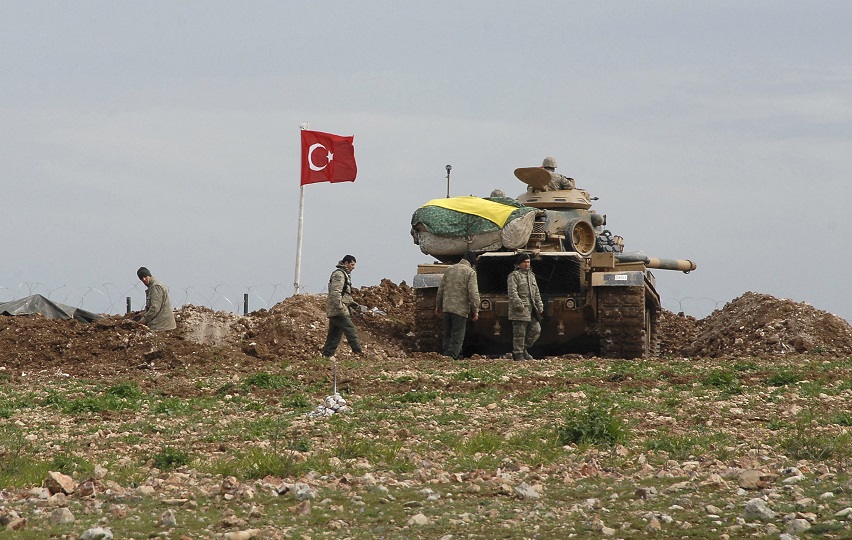On December 3, 2015, a Turkish Armed Forces (TSK) regiment of 150 troops and 25 tanks deployed to the Iraqi town of Bashiqa, north of Mosul with the mission to reinforce members of the Turkish military already there training the Kurdish Peshmerga and Hashd al-Watani[1]forces in the lead-up to liberating Mosul from the Islamic State (IS). What followed was a series of accusations by the Iraqi government regarding the legality of the Turkish presence in Iraq and demand for their withdrawal, with Turkey denying any wrongdoing and citing an agreement with the Kurdish local authorities that permits the TSK to deploy troops there to reinforce against the IS. After a few days of tension, the troops and tanks were withdrawn but the TSK personnel already present remained, continuing the training mission[2].
The incident and the reactions that followed have exposed the political and strategic differences between Baghdad, Erbil and Ankara even as they fight against a mutual enemy in the form of the Islamic State. However, neither the TSK deployment, nor the reactions that followed are an aberration. Erbil’s support and Baghdad’s denouncement of Ankara and, in turn, Ankara’s denouncement of the Hashd al-Shaabi and the support of the Hashd al-Watani are all reflective of how the relations between Erbil, Baghdad and Ankara have developed over the years, as well as Ankara’s broader goals regarding Iraq and Syria.
Download PDF










